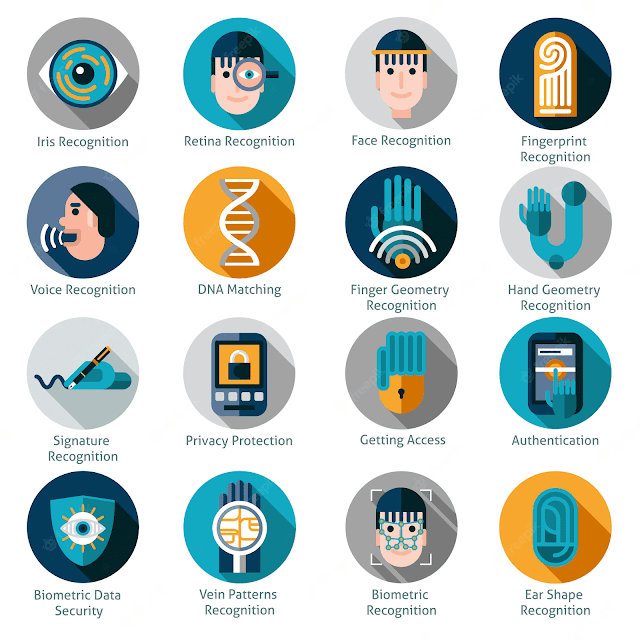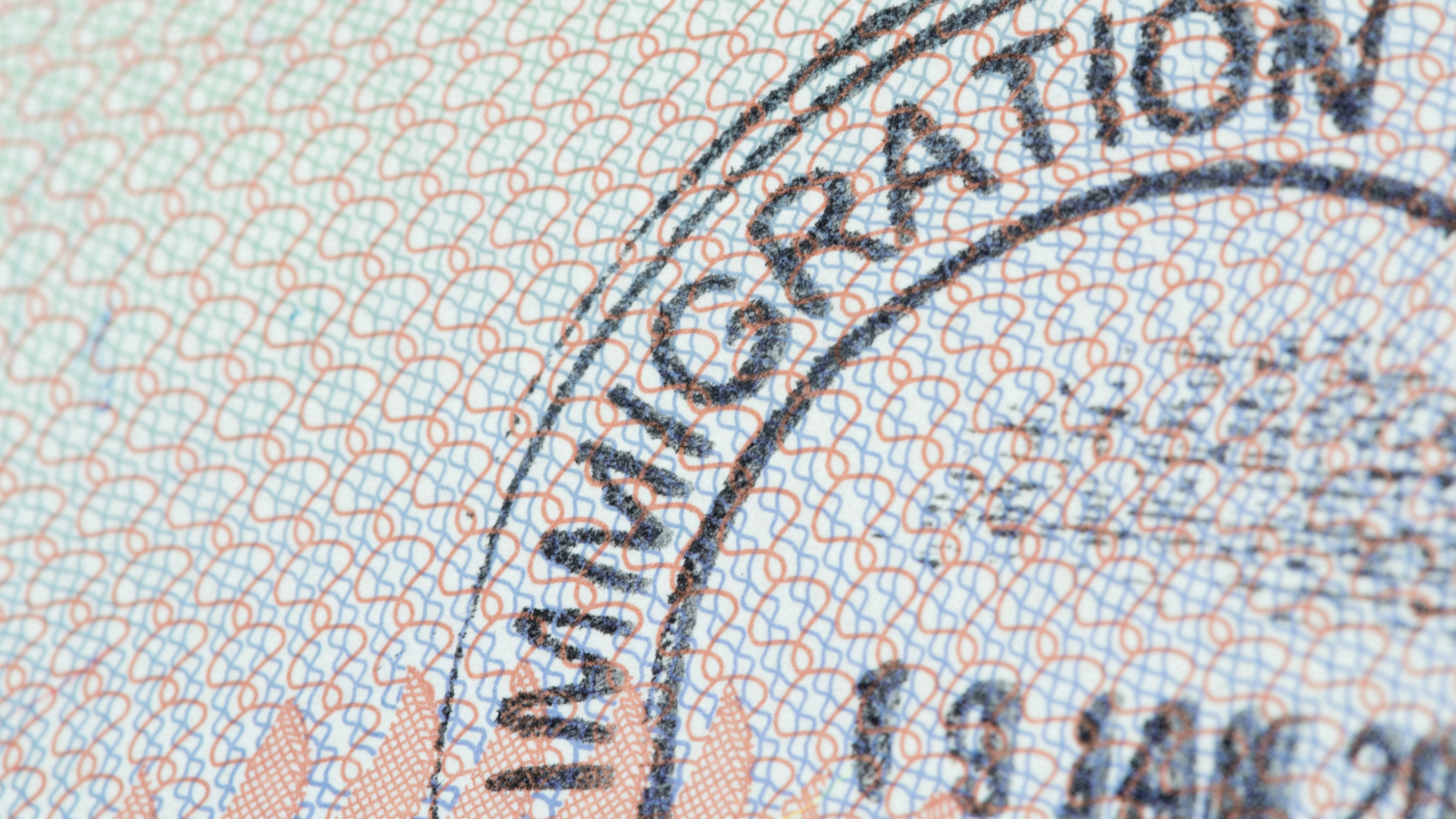Biometric data is increasingly pivotal in modern security systems, offering enhanced authentication and security measures. However, beneath its technological allure lies a landscape fraught with legal and ethical complexities, particularly within the Philippine context.
Like many nations, the Philippines grapples with establishing robust legal frameworks supporting technological advancement and safeguarding individual rights. The country currently needs a comprehensive law dedicated solely to biometric data. Instead, regulations are dispersed across various statutes, such as the Data Privacy Act of 2012 (Republic Act No. 10173), which governs personal information collection, processing, and protection.
While the Data Privacy Act provides a foundational framework, it faces challenges in effectively addressing the unique intricacies of biometric data. Biometric information, such as fingerprints, facial scans, and iris patterns, is deemed sensitive under the law due to its unique ability to identify individuals. Therefore, collecting or processing such data must strictly adhere to transparency, proportionality, and consent.
Beyond legal mandates, ethical considerations loom large. The principle of privacy, enshrined in Philippine jurisprudence, underscores the right of individuals to control their personal information. Biometric data, often considered immutable and irreplaceable once compromised, demands heightened safeguards.
Central to ethical discourse is the notion of informed consent. Individuals must know how their biometric data will be used, stored, and protected. Issues of consent become particularly nuanced in contexts where biometric data is collected for purposes beyond initial intent, such as secondary uses in marketing or third-party data sharing.
Moreover, the potential for discrimination amplifies ethical dilemmas. Biometric systems, while enhancing security, risk exacerbating societal biases if not meticulously designed and monitored. Vulnerable groups, including minorities and economically disadvantaged individuals, may face heightened risks of exclusion or misrepresentation.
A balanced approach is essential as Philippine institutions grapple with the complexities of biometric data usage. Legislative efforts to enhance data protection and privacy must align with technological advancements. Regulatory bodies, alongside industry stakeholders, play a crucial role in developing guidelines that promote innovation while upholding individual rights.
Educational initiatives are also pivotal. Raising public awareness about biometric data usage fosters informed decision-making and encourages active participation in shaping regulatory discourse. Transparency from entities utilizing biometric systems builds trust and accountability within the community.
Ultimately, navigating the legal and ethical terrain of biometric data usage in the Philippines necessitates a proactive and inclusive approach. By fostering collaboration between government, industry, and civil society, the nation can harness the potential of biometric technologies while safeguarding the fundamental rights of its citizens.
Therefore, while biometric data holds promise in revolutionizing security practices, its implementation must proceed cautiously, guided by robust legal frameworks and unwavering ethical principles. Balancing innovation with protection ensures a future where technology serves society equitably and responsibly.






